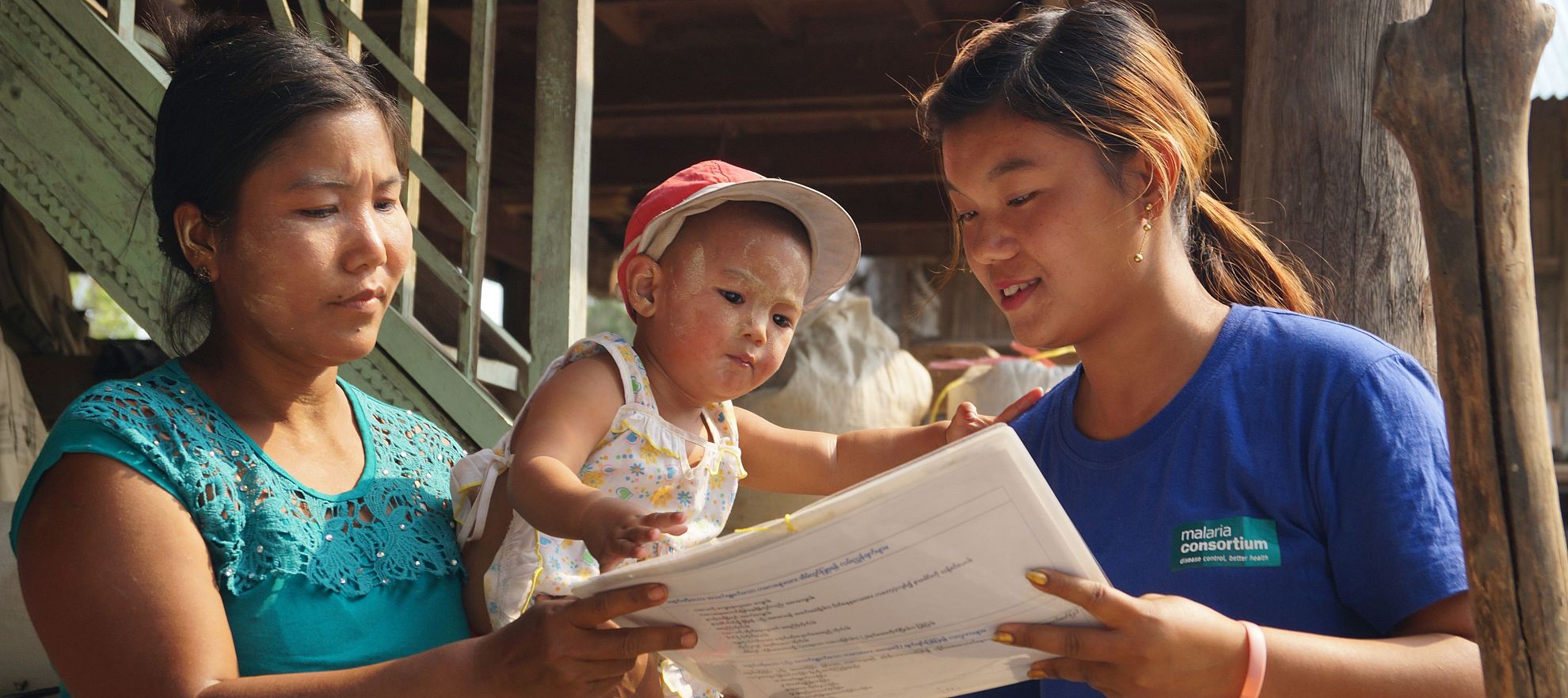
Malaria Week 2020 – Why integration could be the key to elimination
7 September 2020Hosted by the Government of Vietnam, Malaria Week 2020 (7-11 September) brings together government officials and diverse partners to drive forward the elimination of malaria from Asia Pacific by 2030.
This year’s theme centres on the three I’s – Inclusion. Integration. Innovation - and captures the ambition to unite the region and harness innovation as efforts intensify to eradicate malaria globally and in Asia Pacific. Key topics in the series this week include surveillance systems, sustaining health financing, and innovation within the malaria landscape.
Given the backdrop of COVID-19 to this year’s event, discussions will have a focus on sustaining health financing and in particular malaria interventions during a pandemic, the critical role of community-based approaches in health systems strengthening and the need for strong surveillance and timely reporting, in addition to the role of innovation and private provider engagement in accelerating malaria elimination and strengthening health security.
Malaria Week partners include Asia Pacific Leaders Malaria Alliance (APLMA), Asia Pacific Malaria Elimination Network (APMEN), World Health Organization, Global Fund, and The Roll Back Malaria Partnership. Malaria Consortium plays an active role in APMEN as secretariat of the Vector Control Working Group and participates in the surveillance and vivax working groups as well as playing a leading role in the Civil Society Organisation forum to increase the impact of advocacy in elimination activities.
As part of today’s events, Malaria Consortium’s Htin Kyaw Thu joined partners to discuss community-based and integrated health services for malaria in Myanmar and shared the findings of a project led by Malaria Consortium, funded by Comic Relief and GSK’s Fighting Malaria, Improving Health partnership, that scaled up integrated community case management of malaria and childhood illnesses in the Sagaing region.
“We need to start thinking about integration if we want to achieve elimination - we need to integrate services delivered by malaria volunteers so they remain relevant in the communities they serve. We also need to integrate those volunteers back into the public health system so their services can be sustained in years to come. Our experience has shown that community engagement and dialogues are essential for communities to monitor their own progress and be a part of the solution – not just a passive receiver of solutions.”
The presentation and panel discussions on day one demonstrates the value of community engagement not only in achieving malaria elimination, but also expanding primary health care services and protecting communities during the COVID-19 pandemic.
The week will culminate with the APLMA Senior Officials’ Meeting, an annual multisectoral convening of senior government officials to foster a whole of government approach to further intra-regional collaboration and support to accelerate progress towards malaria elimination goals. At the 2020 APLMA SOM, senior officials will launch the 5-Year Regional Progress Report to be delivered to the 15th EAS in November 2020.
There has been significant progress made towards a malaria-free Asia Pacific to date but there are increasing concerns that malaria elimination by 2030 may not be a reality. This year’s Malaria Week occurs at a critical juncture where integrated approaches to health, key to achieving the 2030 goals in Asia, must be pushed to the forefront of dialogue with regional partners and leaders.
Latest news
- Malaria Consortium honoured by Ugandan government for contribution to combat malaria23rd April 2024
- International summit calls for AMR accountability in public health interventions21st March 2024
- Global SMC community celebrates new milestone at SMC Alliance Annual Meeting in Nigeria6th March 2024
- Scaling up key interventions could halve pneumonia-related childhood mortality13th February 2024
- Malaria Consortium and eGov Foundation join Mozambique’s national malaria programme to digitalise seasonal malaria chemoprevention campaigns8th February 2024
- World’s first malaria vaccine rollout launched in Cameroon22nd January 2024